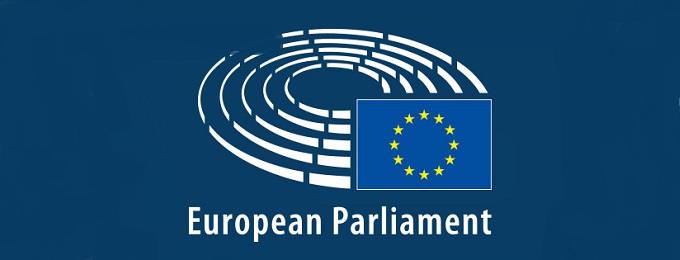The ITRE Committee of the European Parliament adopted the report on artificial intelligence and robotics, thereby setting directions for policy ahead.
On 14 January the Committee on Industry, Research and Energy (ITRE) of the European Parliament (EP) adopted the report on Artificial Intelligence (AI) and robotics, which it had initiated itself (see ITRE News). The vote provides a push for dealing with AI and robotics policy in the next legislature.
The draft report on a comprehensive European industrial policy on AI and robotics, as its full name, provides a motion for an EP Resolution. It appreciates the potential and impact of AI and robotics in areas such as manufacturing, health, energy and transport and urges for a proactive promotion and increase of European investment in order to stay competitive. The report also touches on the need to develop the skills of workers in the affected areas and calls for respective actions of EU Member States. It acknowledges the potential AI and robotics have in an ageing society and makes reference to the ambition of Japan’s Robot Strategy.
The technological path towards AI and robotics will be contingent on investment from private sector, EU Member States and the European Commission (EC) and the coordination thereof for a focussed development. The report also highlights the benefits to be gained from AI and robotics in the public sector and asks EU Member States and the EC to step up their investment. It will further rely on societal acceptance and the respective training and education. The adoption of technology by consumers will be a crucial driver for innovation. Notably, the introduction of driverless trains and motor vehicles is pointed out as a key improvement for transport in Europe. Such actions figure also prominently in the EC’s proposal for the Digital Europe Programme and the next framework programme for research and innovation, Horizon Europe.
The report further points out that AI and robotics need to be governed by a code of ethics, and calls for the creation of an ethical charter of best practices. The transparency and explainability of algorithms and decision-making systems behind the technology are paramount with respect to ethical questions.
The authors of the report welcome international governance initiatives such as the creation of the OECD AI Policy Observatory, and highlight the models developed by third countries such as the US, China, Russia and Israel. They call on the EC for developing a roadmap for greater cooperation and ensuring maximum consistency between the different international players.
As a next step, the report will have to be approved by the Plenary of the EP. This is due to happen in February 2019.

